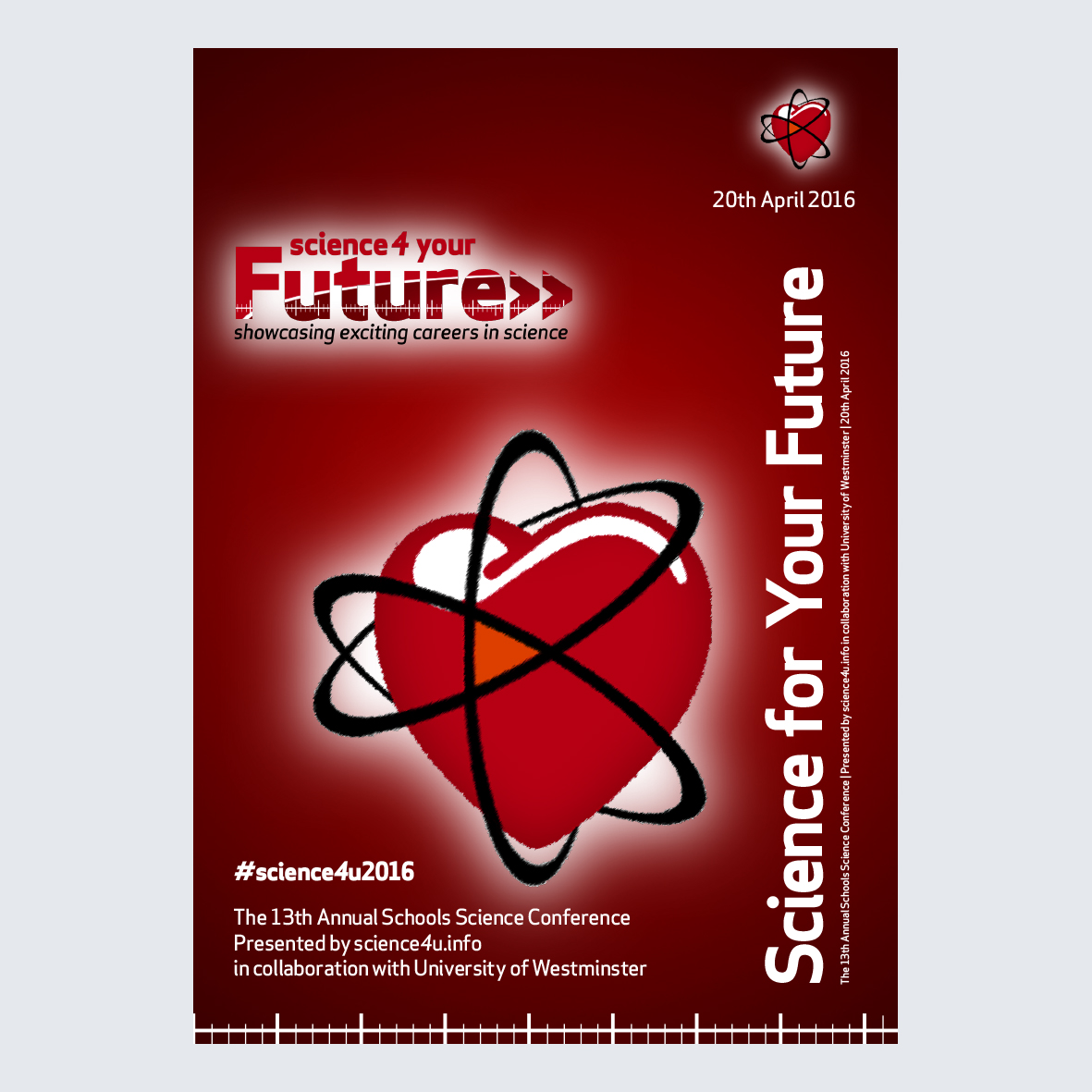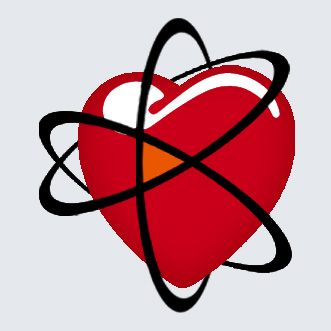Science for Your Future
The 13th Annual Schools Science Conference was held on 20th April 2016 at University of Westminster
Or scroll down to find out more

Welcome to
Science for Your Future
The theme of the 13th Schools Science Conference is Science for Your Future
The objective is to highlight the exciting scientific developments that are changing all our futures
The results of the 100,000 Genomes Project mean that in the future all babies may have their DNA sequenced at birth. Pluto has been imaged by a space probe; Mars trips are being planned. New treatments are being developed for cancer. Bacterial viruses may replace antibiotics.
What will the future hold?
How will you contribute to science for the future?
Here is a timeline of key scientific developments to help put these achievements into context …
- 4th century BCE
Mandragora (containing atropin) was described by Theophrastus; later given prior to surgery or cautery - 150s BCE
Seleucus of Seleucia:Discovery of tides being caused by the moon - 9th C
Al-Kindi (Alkindus): refutation of the theory of the transmutation of metals - 1020s
Avicenna’s The Canon of Medicine was published - 1220–1235
Robert Grosseteste: Rudimentals of the scientific method (see also: Roger Bacon) - 1242
Ibn al-Nafis: Pulmonary circulation and circulatory system - 1543
Nicolaus Copernicus: Heliocentric model of the Solar System was defined - 1675
Anton van Leeuwenhoek: Observes Microorganisms by Microscope - 1676
Ole Rømer: First measurement of the speed of light - 1781
William Herschel Announces discovery of Uranus, expanding the known boundaries of the solar system for the first time in modern history - 1859
Charles Darwin and Alfred Wallace: Theory of evolution by natural selection - 1869
Dmitri Mendeleev: Periodic table - 1898
Marie Curie: Discovers polonium, radium, and coins the term radioactivity - 1905
Albert Einstein: Theory of special relativity - 1907
Alfred Bertheim: Arsphenamine, the first modern chemotherapeutic agent - 1925
Cecilia Payne-Gaposchkin: Discovery of the composition of the Sun and that Hydrogen is the most abundant element in the Universe - 1927
Georges Lemaître: Theory of the Big Bang - 1928
Alexander Fleming: Penicillin, the first beta-lactam antibiotic - 1938
Otto Hahn, Lise Meitner and Fritz Strassmann: Nuclear fission - 1943
Oswald Avery Proves that DNA is the genetic material of the chromosome - 1953
Crick and Watson: Helical structure of DNA, basis for molecular biology - 1964
Arno Penzias and Robert Woodrow Wilson: Detection of CMBR providing experimental evidence for the Big Bang - 1965
Leonard Hayflick: normal cells divide only a certain number of times: the Hayflick limit - 1997
Roslin Institute: Dolly the sheep was cloned - 2001
The first draft of the Human Genome Project is published - 2012
Higgs Boson is discovered at CERN – confirmed to 99.999% certainty - 2015
Traces of liquid water discovered on Mars - 2015
NASA’s New Horizons spacecraft becomes the first to visit Pluto - ????
Babies have their DNA sequenced at birth - ????
Mars colonised - ????
New treatments developed for cancer - ????
Bacterial viruses replace antibiotics - ????
Wounds healed by combining tissue engineering, bioengineering and nanotechnology - ????
Cities supported by sustainable technology - ????
Earth-like planets discovered
Overview in pictures
A glimpse of the fun, enjoyment and rich array of activities at Science for Your Future

Science for Experimentation
Witness riveting presentations and we unveil which school clinched the coveted trophy

Photographs
Explore captivating snapshots captured during this year’s Conference

Quiz
Challenge yourself and put your newfound science and healthcare knowledge to the test

Programme
Discover more about the sessions and view a digital version of the programme

Evaluation
Delve into the reception and gauge the resounding acclaim achieved by the Conference

Acknowledgements
A heartfelt thank you to all the contributors who have brought this event to life

Organising Group
Meet the visionary minds steering Science for Your Future: the Committee members

















